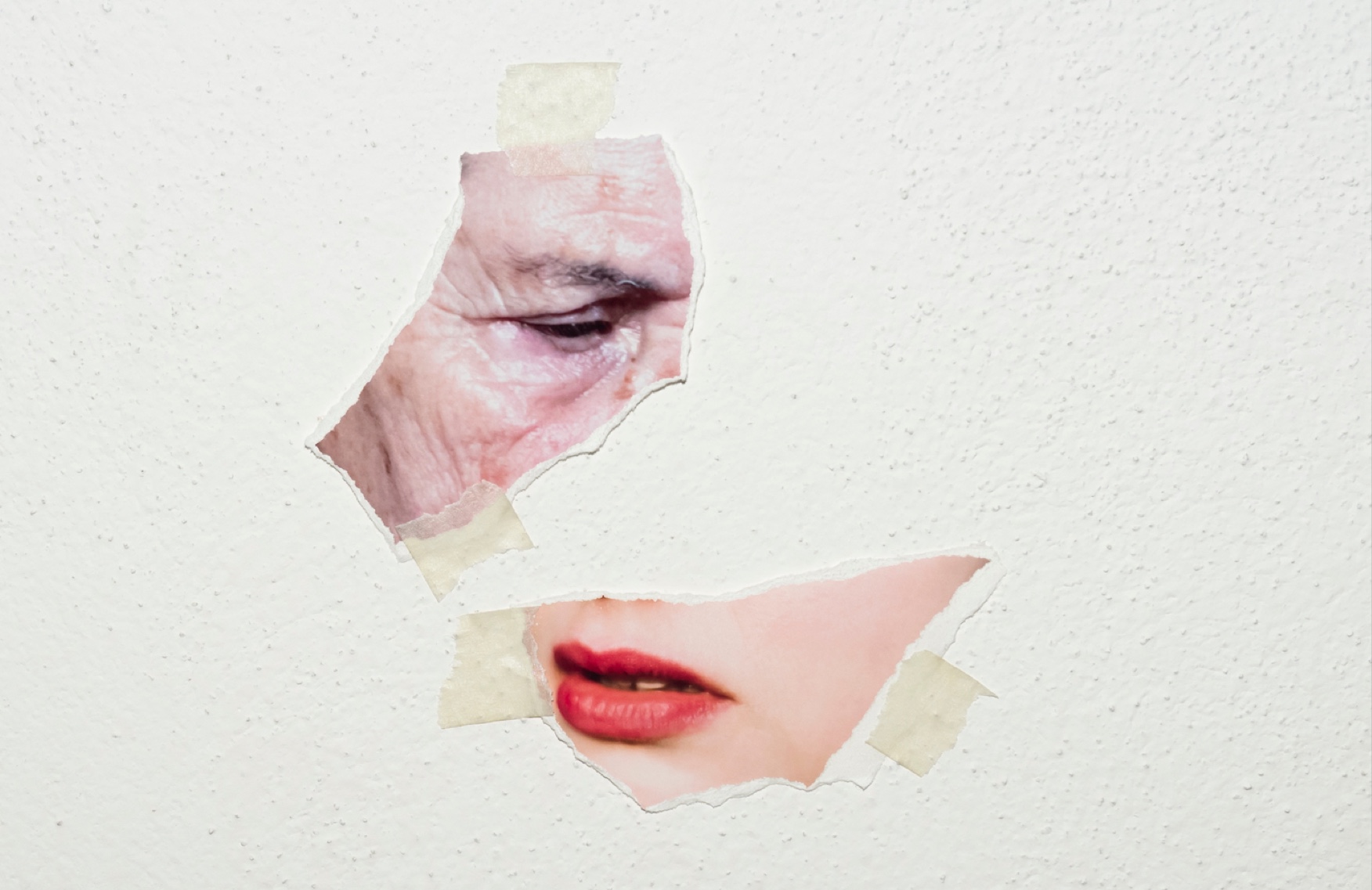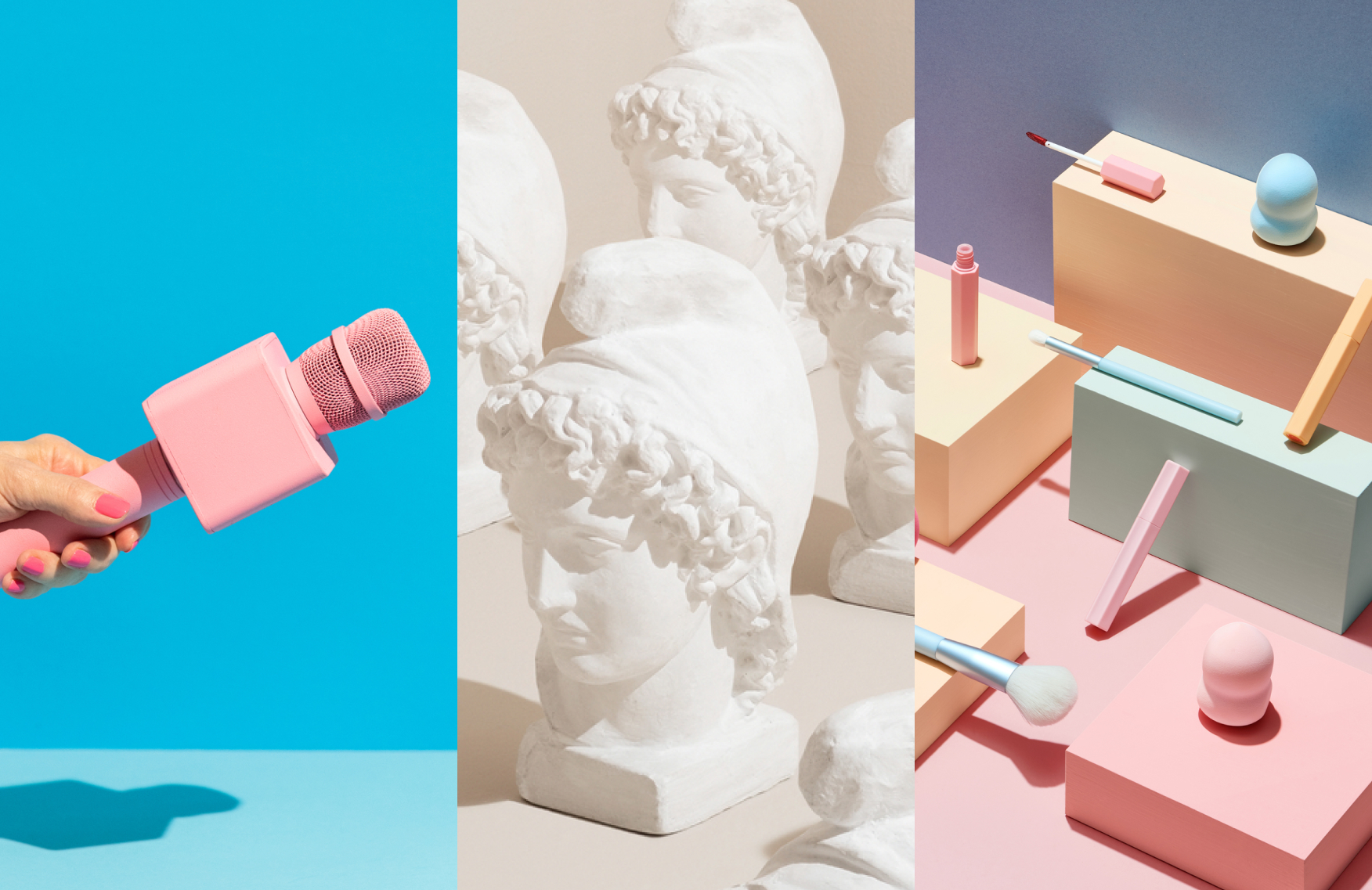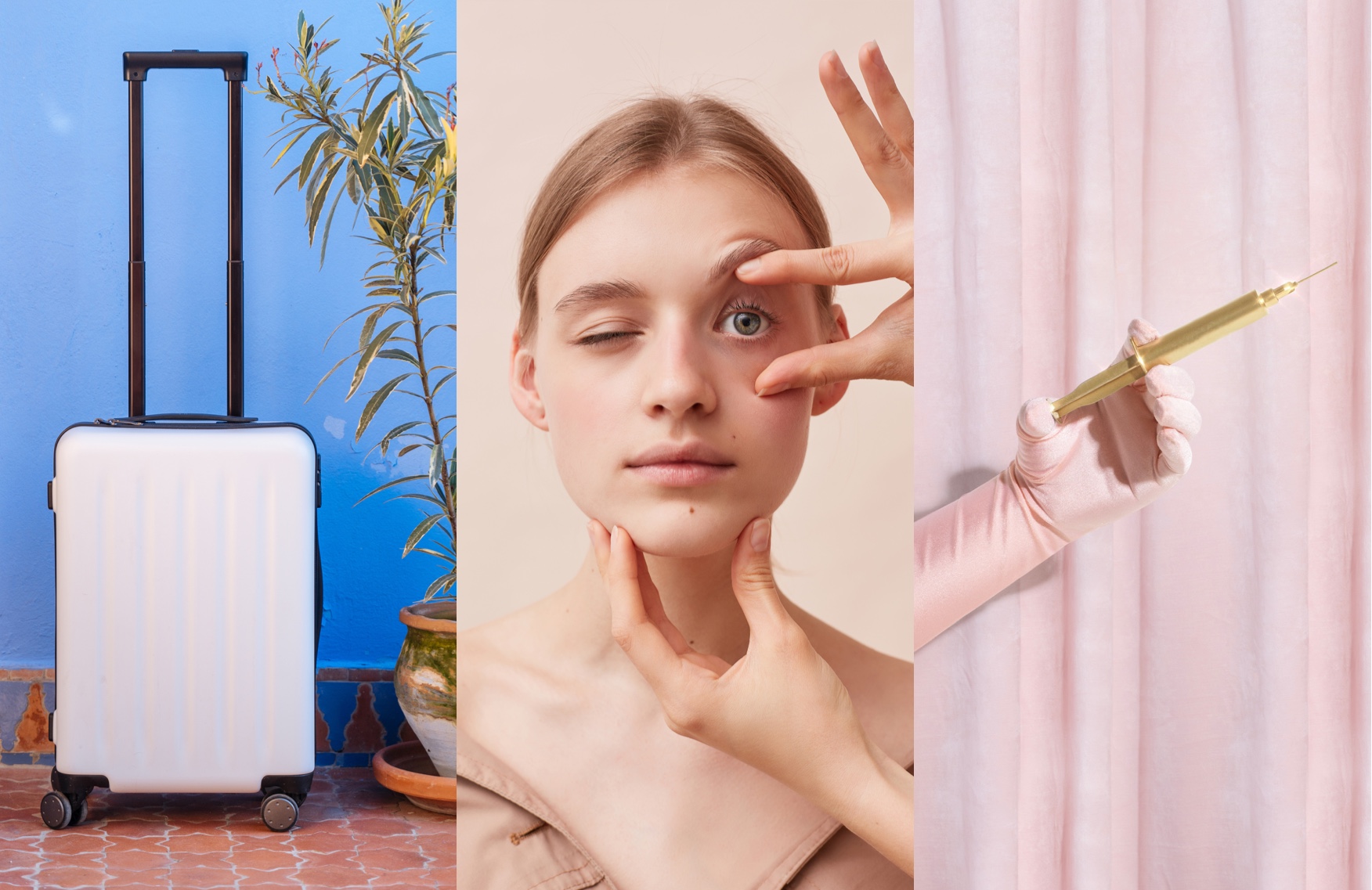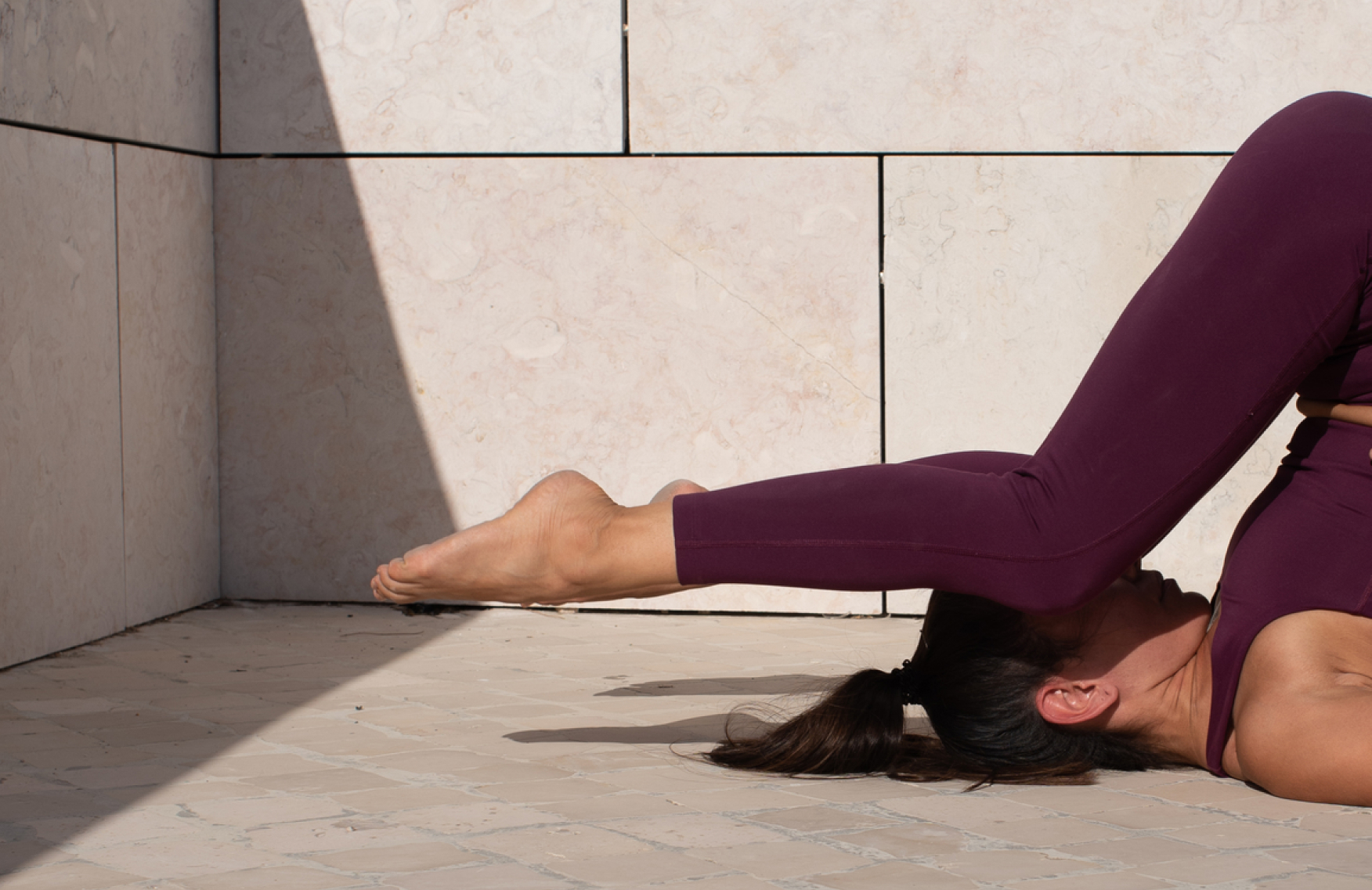These five words will make you feel better about aging

“How can anyone be against aging? It’s such a privilege. There are so many things to be against, like hate and exclusion. I want you to embrace [growing old].” — Heidi Clements, 62, social media influencer and TV writer.
In a world where aging has a negative connotation, social media influencer Heidi Clements, 62, offers five words that provide a refreshing outlook: Aging is such a privilege. You may already be familiar with Heidi from her days as the former executive producer and writer for ABC Family’s sitcom Baby Daddy. Now, Heidi has amassed a social media following for her unapologetic views on pro-aging, garnering the attention of others in her age pool and generation Z users alike.
@welcometoheidi GETTING OLD IS A PRIVILEGE FIT DEETS: BODYSUIT: @target WILD FABLE (old) PANTS: @Etsy WOLF VINTAGE SWEATER: @Urban Outfitters SHOES: @BIRKENSTOCK #justgetdressed #oldfilter #old #youth ♬ Where’d All the Time Go? – Dr. Dog
In honor of Active Aging Week in October, a weeklong campaign that champions positive views around aging, we spoke with Heidi to learn about what growing older means to her, societal pressure placed on people in this age group and tips for others entering their 50s and 60s on how to embrace aging.
In a time where there’s a stigma around getting older, what are your feelings on aging?
Heidi: When I turned 50 I was miserable about the idea of being old, but I think that’s because that’s the age society tells us we no longer matter. The second I turned 60, it all changed and I was suddenly thrilled with who I am and who I’ve become. I love being in my 60s—it is truly my favorite decade and I only wish I learned to love myself sooner.
How did you get your start as an influencer and why do you do what you do?
Heidi: My friend convinced me to start a TikTok account. I had been posting my outfits to Instagram for a year to crickets so I thought, “why not?”. It didn’t become a “thing” on TikTok until I started also telling stories while getting dressed, which I did because I was frustrated as a writer that I was unable to sell scripts about women over 50. All of the stories I tell are about my life but they also happen to be stories in the scripts I have written because I always write characters who are similar to me.
How do you think your work as an elder influencer challenges the ageist stereotype?
Heidi: My entire goal is to change the way this country looks at women over 50 and I think I’m having some success with that! I love that I can speak openly about the mistakes I’ve made in my past and prove that this too shall pass. It’s okay to make mistakes. It’s okay to be vulnerable. I love putting it all out there, and while some may think I’m crazy to admit the things I do, for me it’s quite cathartic. Shame is not something we should hold onto, especially if that shame comes from an outsiders opinion of who you are.
How do you think the media represents women aged 50+?
Heidi: Horribly. Actually, they aren’t representing us at all. The fact that younger women say to me, “Well, you have Grace and Frankie to relate to on television” is proof. As fabulous as that show is, you can’t lump all women over 50 together. 50 is different from 60, which is different from 70, which is different from 80.
When I was growing up in the 1960s, the media made it a point to pit younger women and older women against each other. The messaging was “being old is bad” and “being old makes you mean.” I believe that messaging is still pretty clear today. “Old” is a bad word when handled by the media. I’m not against aging and no one else should be.
Are there any misconceptions you think people have about aging?
Heidi: That it is sad and that your life is over. My life has just started a whole new chapter at 62. I’m speaking to a whole new audience, and the fact that I even have an audience is amazing. It’s quite clear to me that young women want to know more about a life they have been told is a loser life: the life of a single childless woman. We are all different. We all get to make choices.
You’ve talked openly on social media about not getting married or having children. Why do you think this is important to speak on?
Heidi: I want people to understand that romantic love isn’t the only love, and not having children doesn’t make you a failure. We need to change the messages women are given. Maybe we should start saying that wrinkles are beautiful.
What advice would you give to someone struggling with the idea of aging?
Heidi: Just learn to love yourself. I think the only sad thing would be to live your life for someone else or to make decisions about your life based on what other people think is a successful one. It’s your life. Live it however you choose.
The views expressed in this article do not necessarily represent the views of Murad, and are for informational purposes only, even if the advice of physicians and medical practitioners are included. This article is not a substitute for professional medical advice, diagnosis or treatment, and should not be considered specific medical advice.


